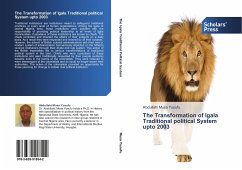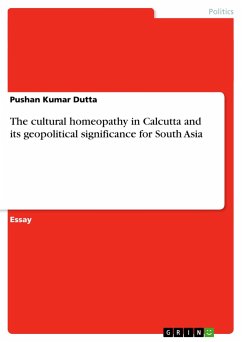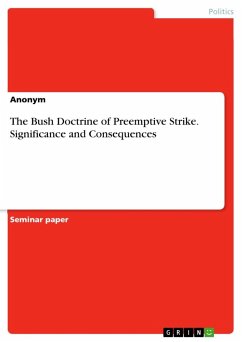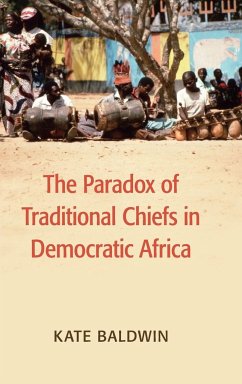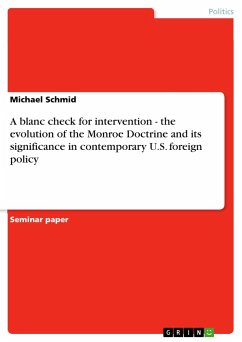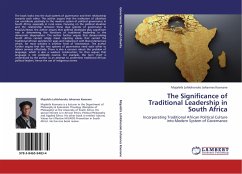
The Significance of Traditional Leadership in South Africa
Incorporating Traditional African Political Culture into Modern System of Governance
Versandkostenfrei!
Versandfertig in 6-10 Tagen
39,99 €
inkl. MwSt.

PAYBACK Punkte
20 °P sammeln!
The book looks into the dual systems of governance and their relationship towards each other. The author argues that the institution of uBukhosi can contribute positively to the modern system of political governance in South Africa; especially in rural areas. Focusing on the political situation and the relationship between these dual systems of governance in KwaZulu-Natal, the author argues that political idealogies play sugnificant role in determining the functions of traditional leadership in the democratic dispensation. The author further argues that democratising South Africa cannot simply...
The book looks into the dual systems of governance and their relationship towards each other. The author argues that the institution of uBukhosi can contribute positively to the modern system of political governance in South Africa; especially in rural areas. Focusing on the political situation and the relationship between these dual systems of governance in KwaZulu-Natal, the author argues that political idealogies play sugnificant role in determining the functions of traditional leadership in the democratic dispensation. The author further argues that democratising South Africa cannot simply mean rejecting values that carried the traditional African societies for ages and replacing it with liberal democracy which, for most scholars is another form of colonisation. The author further argues that the two systems of governance need each other to deliver services effectively. There is also a concern about the problem of language, which is also a western construction; he thus arguesthat language is not politically neutral. For example, the term 'chief' is understood by the author as an attempt to undermine traditional African political leaders, hence the use of indigenous terms.




